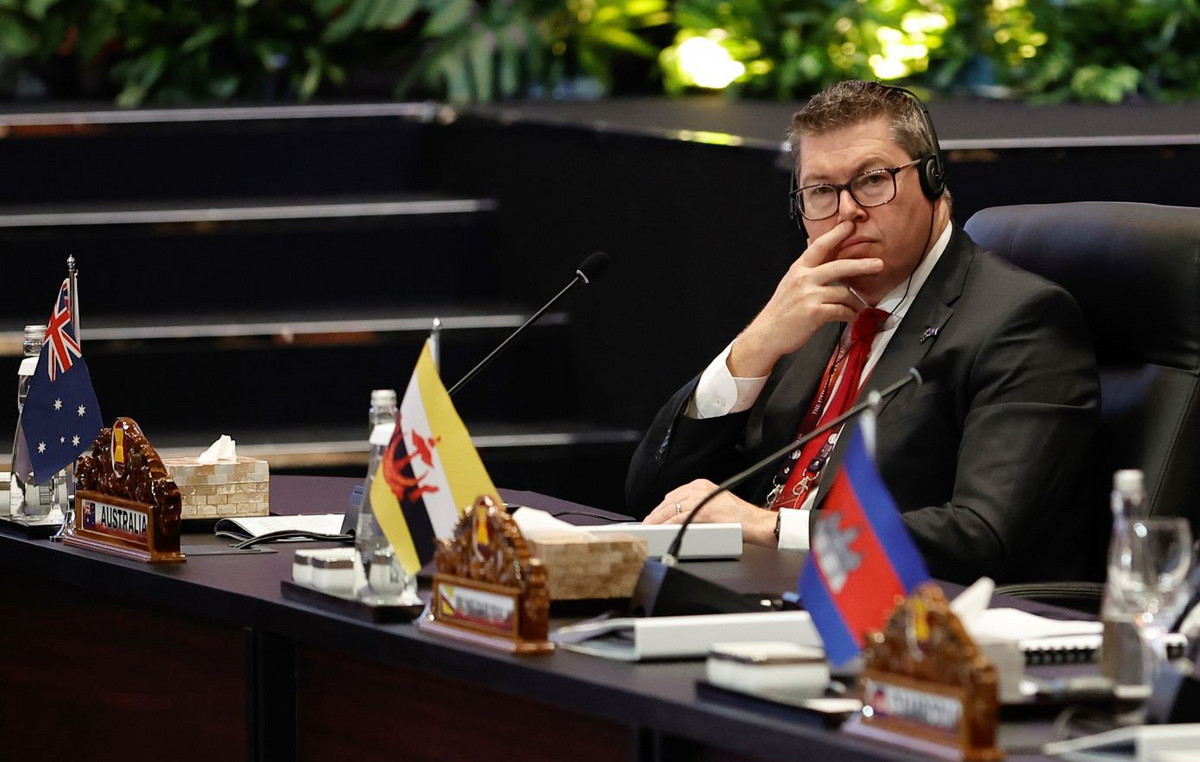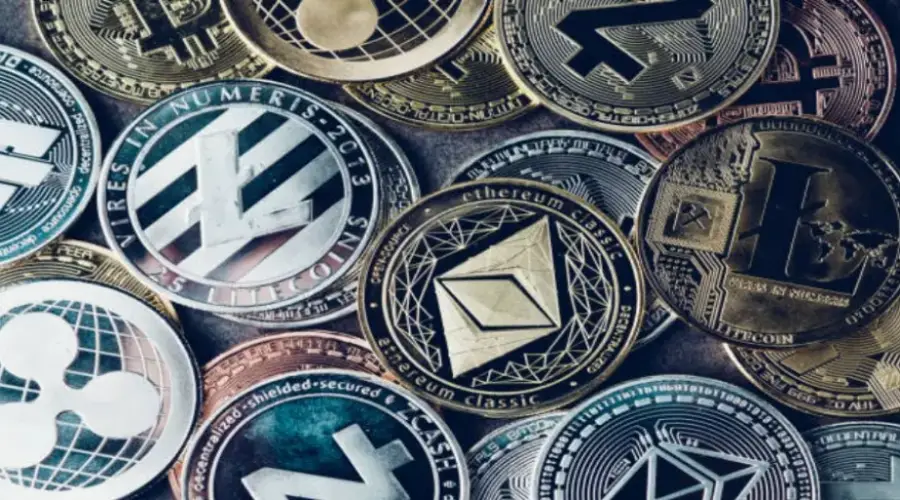O Ibovespa closed on a high this Monday (21), with Copel’s shares ending up 22% amid privatization plans for the electricity company from Paraná, while concerns persist over the country’s fiscal course and new outbreaks of Covid-19 in the country. China add fears about world economic activity.
The main index of the Brazilian stock exchange rose 0.81%, to 109,748.18 points. At the maximum, it reached 110,235.29 points and at the minimum, when it suffered the oil collapse that affected Petrobras, it reached 107,957.01 points.
In the morning, the Ibovespa traded higher, with markets reacting positively to recent more conciliatory speeches by President-elect Luiz Inácio Lula da Silva on Brazil’s future fiscal posture.
Last week, the main index of the stock exchange fell 3% and the dollar rose 0.75% in the period, reflecting the increase in fiscal risks, after the presentation of the draft of the PEC of the Explosion with the value of R$ 200 billion the R$ 175 billion that were expected.
Already dollar closed down 1.18% this Monday, quoted at R$5.311, despite the strength of the US currency abroad, with investors reacting positively to more conciliatory speeches by Luiz Inácio Lula da Silva (PT) about the posture tax in Brazil and sticking to hopes that the Transition PEC will be dehydrated during the course of Congress.
It was the biggest daily percentage devaluation since the last day 11 (-1.24%) and the lowest closing level in exactly one week (R$ 5.30).
Exchange
Lula said on Saturday (19) that fiscal responsibility is important, stating that “we cannot spend more than we earn”, although he reinforced his commitment to investment in the country’s economy and social well-being.
On Friday (18), the president-elect had already said that he was happy with the open letter from economists who warned of the risk of underestimating the adverse reactions of the financial markets to measures that go against fiscal responsibility, and guaranteed that he was committed to control of public accounts.
Lula’s speeches came amid the negotiations of the Transition PEC, whose draft presented by the elected government foresees an exception to the spending ceiling in the amount of almost R$ 200 billion and for an indefinite period, terms that deeply displeased the markets.
“Fortunately, Congress also reacted negatively to the proposal and is starting to negotiate in at least two directions”, evaluated Genial Investimentos in a report sent to clients. “On the one hand, a reduction in the value of the increase in the ‘ceiling height’ of the ceiling… The second line of negotiation is to remove the Auxílio Brasil program from the ceiling only in 2023 and renegotiate at the end of next year.”
Maciel Vicente, a foreign exchange consultant at iHUB Investimentos, told Reuters that negotiations on the domestic foreign exchange market are likely to remain volatile while negotiations on the Transition PEC and the process of choosing Lula’s official ministerial teams last.
Even so, he assessed that, barring an “extraordinary” event that scares the markets during the transition process, the real should eventually resume the weakening trend that it presented during a good part of 2022, amid more attractive economic fundamentals than the from several of its emerging peers.
Vicente expects the dollar to fluctuate in a range between R$5.10 and R$5.30 over the next two to three months, but retreat in the long term –in about 12 months– to a range of R$4.90 to BRL 5.10.
Although it has soared recently amid fiscal fears, the dollar is still down about 5% against the Brazilian currency so far this year. In the same period, the index that compares the dollar to a basket of six strong peers rose by almost 13%.
The losses of the US currency this morning came against the grain abroad, where the dollar index advanced 0.85%. At the same time, several risky real pairs operated sharply lower on Monday, with the Mexican peso, Australian dollar and South African rand losing 0.6% to 1%.
Banco Inter cited in a note “caution from investors as cases of Covid-19 increase and new lockdowns are being imposed in China”, as well as discomfort of markets with tougher signals against inflation from US central bank officials .
The Ibovespa went into negative territory in the early afternoon of this Monday (21), with oil and steel companies leading the declines. Among the biggest rises, the highlight for Copel’s shares, which rose more than 20%, after the government of Paraná announced that it intends to privatize the electric company.
History and expectations
Pessimism increased even more after President-elect Lula criticized the spending ceiling, saying that the rule that prevents spending from increasing above inflation takes money from social, health and education. Speculation about the name for the Ministry of Economy, with Fernando Haddad among those quoted, helped to complete the climate of uncertainty last week.
The week ended, however, with the market a little more relieved after Lula changed his rhetoric and said that Brazil will indeed have fiscal responsibility and that if the advice is good, it will follow, referring to criticisms made in an open letter by the economists Arminio Fraga, Pedro Malan and Edmar Bacha.
This week, eyes turn to the possible definition of the name of the new Minister of Economy and also to the additional details of the PEC of the Explosion. PT members are already discussing a reduction in the value of R$ 200 billion, while the opposition presented an alternative PEC, which reduces the ceiling overflow to R$ 70 billion.
In this session, the Central Bank will auction up to 16,000 traditional foreign exchange swap contracts for the purpose of rolling over the maturity of December 1, 2022.
* With Reuters / published by Ligia Tuon and Ana Carolina Nunes
Source: CNN Brasil
A journalist with over 7 years of experience in the news industry, currently working at World Stock Market as an author for the Entertainment section and also contributing to the Economics or finance section on a part-time basis. Has a passion for Entertainment and fashion topics, and has put in a lot of research and effort to provide accurate information to readers.







